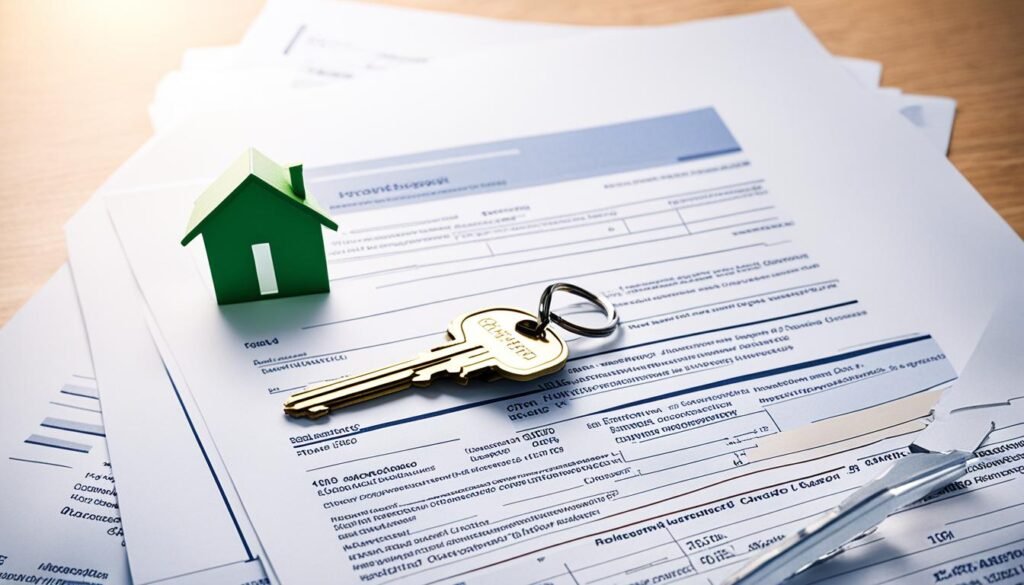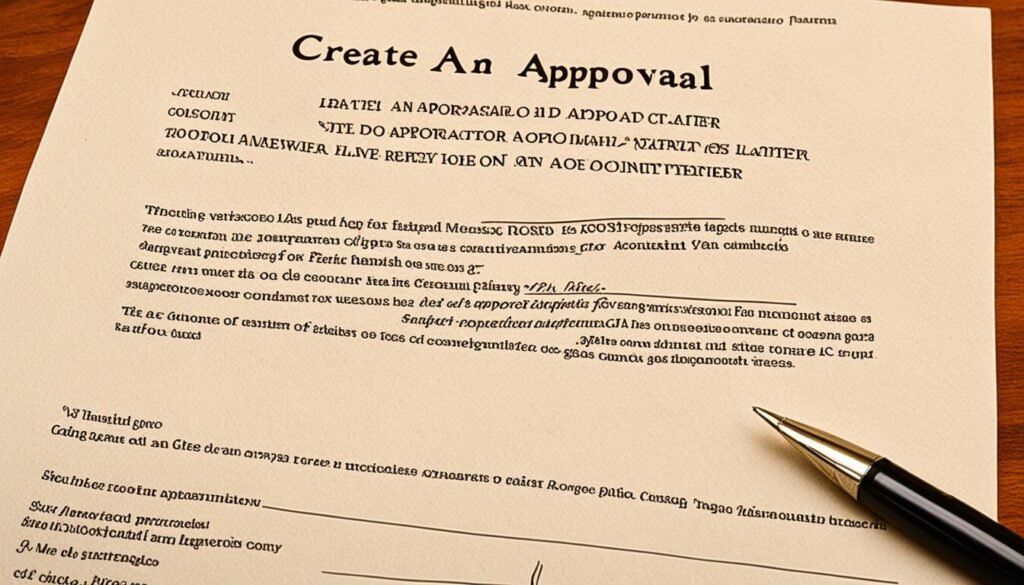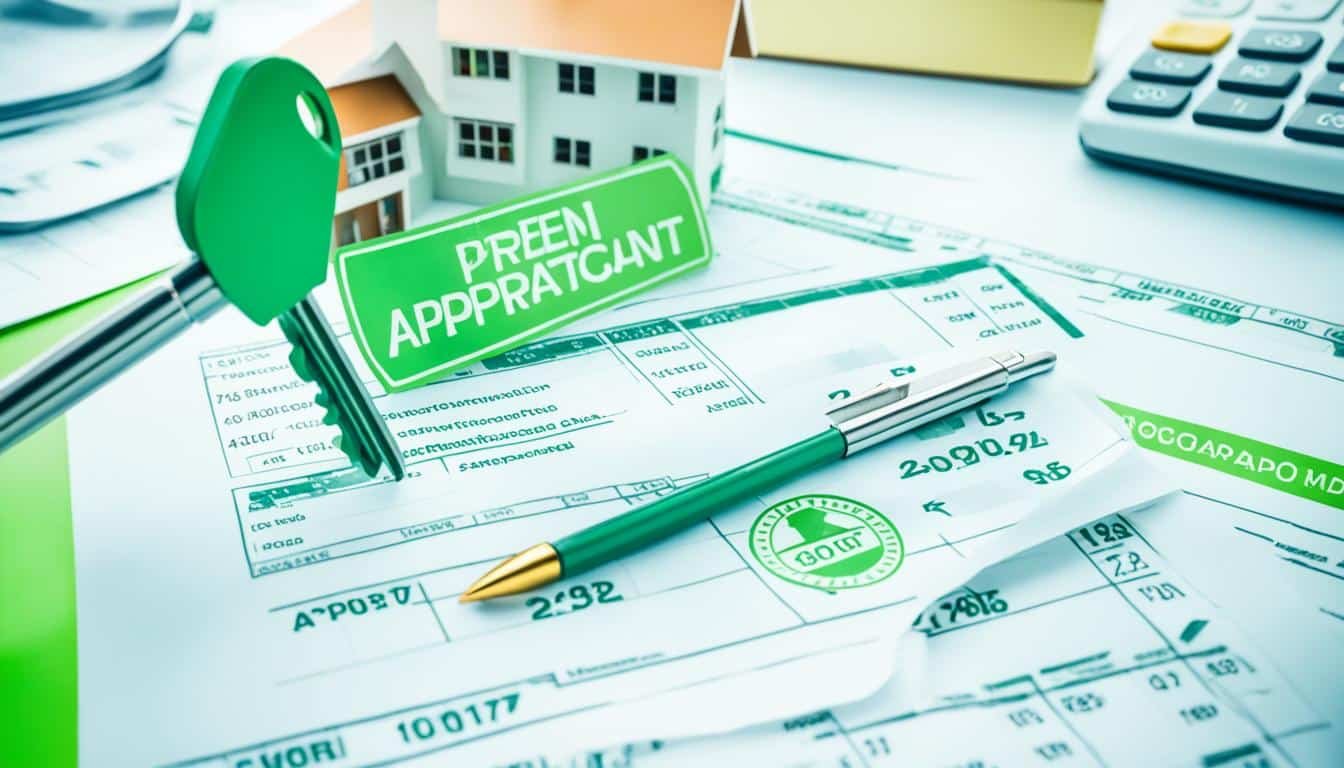Home Loan Pre Approval Embarking on the journey to homeownership can be both exciting and daunting, but with the right preparation, you can streamline the process and position yourself for success. One of the most crucial steps in this journey is obtaining a home loan pre-approval, which can provide you with a significant advantage in the competitive real estate market. In this comprehensive guide, we’ll explore the steps you can take to navigate the pre-approval process and set the stage for a seamless homebuying experience.
To begin, it’s essential to understand your financial situation thoroughly. Start by determining your monthly income, outstanding debts, and regular expenses. This information will not only help you improve your credit score but also allow you to present yourself as a responsible borrower to potential lenders. Boosting your credit score by paying bills on time, reducing outstanding debts, and avoiding new lines of credit can qualify you for better interest rates and loan terms.
Next, explore the various mortgage options available, including fixed-rate and adjustable-rate mortgages, to find a loan that aligns with your long-term financial goals. Remember to gather necessary documents in advance, such as proof of income, employment verification, and details of your assets and debts, to expedite the mortgage application process.
Obtaining a home loan pre-approval before you start house hunting is a game-changer. This step empowers your homebuying journey and strengthens your position as a serious buyer, offering a competitive advantage in the real estate market. With a pre-approval letter in hand, you’ll demonstrate to home sellers that you’re a buyer they can trust, increasing the likelihood of your offer being accepted.
Key Takeaways
- Understand your financial situation to improve your credit score and position yourself as a responsible borrower.
- Explore mortgage options and choose a loan that aligns with your long-term financial goals.
- Gather necessary documents in advance to expedite the mortgage application process.
- Obtain pre-approval before house hunting to strengthen your position as a serious buyer.
- A pre-approval letter can offer a competitive advantage in the real estate market.
Understanding the Significance of Pre-Approval
Obtaining a home loan pre-approval before embarking on your house hunting journey is a crucial step in the homebuying process. This pre-approval not only empowers your homebuying journey but also strengthens your position as a serious buyer, offering a distinct competitive advantage in the real estate market.
Bridging the Gap Between Decision and Contract
Understanding the significance of pre-approval is crucial, as it bridges the gap between deciding to purchase a home and submitting a contract for underwriting review. This pre-approval process helps prevent potential denials and financial setbacks that could arise during the home buying process, ensuring a smoother transition from the initial decision to the final contract.
Preventing Potential Denials and Financial Setbacks
By obtaining a pre-approval letter before starting your home search, you can avoid the pitfalls of being house hunting without a clear understanding of your financial capabilities. This proactive approach not only strengthens your position as a serious buyer but also helps prevent potential denials or financial setbacks that could occur during the home-buying process.
Initiating the Pre-Approval Process

The first step in securing a home loan pre-approval is to gather the essential information required by your mortgage lender. This includes providing proof of income, employment verification, and details about your assets and debts. By having these documents readily available, you can expedite the mortgage application process and streamline your journey towards homeownership.
Gathering Essential Information
To initiate the pre-approval process, you’ll need to provide your lender with various financial documents, such as pay stubs, W-2 forms, tax returns, and bank statements. These materials will help the lender assess your income, employment stability, and overall financial standing, which are crucial factors in determining your eligibility for a mortgage loan.
Unique Circumstances and Additional Inquiries
While the pre-approval process typically follows a standard protocol, there may be instances where your personal financial situation requires additional inquiries or considerations. Whether you’re self-employed, have a complex income structure, or have unique assets or liabilities, be prepared to provide your lender with any supplemental information they may need to thoroughly evaluate your application.
Obtaining pre-approval before house hunting empowers your homebuying process and strengthens your position as a serious buyer, offering a competitive advantage in the real estate market. By taking the time to gather the necessary documents and address any unique circumstances, you’ll be well on your way to securing a pre-approval letter that will give you the confidence and leverage you need to make your home-buying dreams a reality.
Documentation: The Key to a Solid Pre-Approval

The pre-approval process is not complete without a thorough review of your application and supporting documents. Lenders take great care in verifying the details you provide, as this information is crucial for issuing a pre-approval letter that aligns with underwriting guidelines and prevents potential hurdles down the road.
Verifying Application Details
Lenders will closely examine the information you submit on your mortgage application, including your income, employment history, assets, and debts. They will request documentation such as pay stubs, bank statements, W2s, and tax returns to validate the details you’ve provided and ensure that your financial standing meets their lending criteria.
Importance of Thorough Review
Even if a slight delay is involved, taking the time to conduct a comprehensive review of your application and documentation is essential for a successful pre-approval process. Lenders understand the significance of a legitimate pre-approval, and they must exercise diligence and attention to detail to identify any potential issues that could arise later in the home buying journey.
By investing the necessary effort in the documentation review, lenders can issue a pre-approval letter that accurately reflects your financial capabilities, empowering you as a serious homebuyer and setting the stage for a smooth transaction down the line.
Receiving Your Pre-Approval Letter

Once your home loan pre-approval application and supporting documentation have been thoroughly reviewed and deemed satisfactory, your mortgage lender will issue a pre-approval letter indicating the approved amount you’re pre-approved to borrow. This pre-approval letter serves as a powerful testament to your financial readiness and commitment as a serious buyer in the homebuying process.
Understanding the Approved Amount
It’s important to remember that the approved amount listed in your pre-approval letter does not necessarily represent the exact amount you are obligated to spend on a home. Your mortgage lender should provide a detailed breakdown of the monthly payments, including estimates for taxes, insurance, and other relevant costs, to give you a comprehensive understanding of your financial commitments.
Monthly Payment Breakdown and Closing Costs
In addition to the approved amount, your pre-approval letter should also outline the estimated monthly payments you can expect, taking into account factors such as interest rates, loan terms, and any applicable taxes or insurance premiums. Furthermore, your lender should provide an estimate of the closing costs you’ll need to cover, ensuring you have a clear picture of the total financial obligations associated with your home loan pre-approval.
By thoroughly understanding the details of your pre-approval, you’ll be empowered to make informed decisions as you embark on your home buying process, allowing you to navigate the market with confidence and secure the ideal mortgage loan that aligns with your financial goals.
Beware of Shortcuts: The Importance of Diligence

When it comes to the home loan pre-approval process, it’s crucial to beware of lenders who offer a quick and easy pre-approval without thoroughly reviewing your financial situation. While a streamlined approach may seem convenient, it could lead to complications down the road, potentially preventing you from securing final loan approval.
A legitimate pre-approval from a reputable lender requires diligence and attention to detail. They must carefully review your documentation, including proof of income, employment verification, and details of your assets and debts, to ensure your financial profile aligns with underwriting guidelines. This comprehensive evaluation is essential to avoid any surprises or roadblocks during the homebuying process.
Beware of shortcuts that could jeopardize your chances of successfully getting pre-approved for a mortgage. Instead, work with a mortgage lender who takes the time to thoroughly assess your financial situation and provide you with a pre-approval letter that accurately reflects your borrowing capabilities. This diligence will not only strengthen your position as a serious buyer but also pave the way for a smoother and more successful home-buying journey.
Home Loan Pre Approval: A Comprehensive Overview

Obtaining a home loan pre-approval is a crucial step in the home buying process, as it empowers your homebuying journey and strengthens your position as a serious buyer. The pre-approval process involves gathering essential information through a mortgage application, providing you with a competitive advantage in the real estate market.
Determining Mortgage Eligibility
The pre-approval process begins with a comprehensive assessment of your financial situation. Your lender will gather details about your income, employment history, assets, and intended down payment, as well as address any unique circumstances that may require additional inquiries. This thorough evaluation helps determine your mortgage eligibility and sets the stage for a seamless homebuying experience.
Loan Amount and Interest Rate Estimation
Based on the information you provide, your lender will be able to estimate the loan amount and interest rate for which you may qualify. This valuable information allows you to understand your financial capabilities and make informed decisions as you shop for your dream home.
Requirements for a Successful Pre-Approval

To secure a robust home loan pre-approval, lenders will meticulously review several key factors, including your income, assets, credit history, and debt-to-income ratio. This comprehensive evaluation ensures that you not only meet the necessary qualifications but also demonstrates your financial capability to take on the mortgage loan.
Income Verification and Asset Documentation
The lender will request documents such as W-2s, 1099s, or tax returns to verify your income sources, including any additional earnings like child support or disability benefits. Additionally, you’ll need to provide recent statements from the accounts you intend to use for your down payment and closing costs, proving you have the necessary funds readily available.
Credit History and Debt-to-Income Ratio
Your credit report will play a crucial role in the lender’s assessment, as it reveals your existing loans and debts. The lender will use this information to calculate your debt-to-income (DTI) ratio, a key factor in determining your mortgage eligibility. By maintaining a healthy credit history and managing your debt responsibly, you can position yourself for a successful pre-approval process.
Down Payment Considerations
The size of your down payment can also impact the pre-approval outcome. Lenders generally prefer to see a larger down payment, as it demonstrates your financial discipline and reduces the risk associated with the loan. Depending on the type of mortgage you’re seeking, the minimum down payment requirement can range from as low as 3% to as high as 20% of the home’s purchase price.
By thoroughly understanding and addressing these key requirements, you can increase your chances of securing a robust home loan pre-approval, empowering you to navigate the homebuying process with confidence and ease.
Tips for a Smooth Pre-Approval Process

Navigating the home loan pre-approval process can be a critical step towards realizing your homeownership dreams. To ensure a seamless experience, consider these valuable tips that can help pave the way for a successful mortgage loan application.
Improving Credit Score Before Application
One of the key factors lenders evaluate during the preapproval process is your credit score. By taking proactive steps to improve your credit score before applying, you can position yourself as a more attractive mortgage lender candidate and potentially qualify for better interest rates and loan terms. Pay your bills on time, reduce outstanding debts, and avoid opening new lines of credit to demonstrate your financial responsibility.
Choosing the Right Lender
When it comes to securing your mortgage preapproval, selecting the right lender can make all the difference. Research various lenders, compare their offerings, and seek recommendations from trusted sources like real estate agents or financial advisors. A lender who takes the time to understand your unique circumstances and guides you through the prequalification and getting preapproved for a mortgage process can make the overall home buying process much smoother.
Being Prepared with Necessary Documents
To expedite the preapproval process, it’s crucial to have all the necessary documents readily available. Gather proof of income, employment verification, and details of your assets and debts in advance. By being prepared with these documents, you can streamline the application process and demonstrate your commitment as a serious home buyer.
After Receiving Pre-Approval: The Next Steps
Once you’ve received your home loan pre-approval, it’s important to understand the next steps in your homebuying journey. Two crucial considerations at this stage are the validity period of your pre-approval letter and navigating the home shopping process with confidence.
Validity Period of Pre-Approval Letters
Preapproval letters are usually only valid for 60 or 90 days, so it’s essential to avoid obtaining your letter too early before you’re ready to start seriously shopping for homes. This ensures that your pre-approval remains current and relevant as you engage in the home search process.
Home Shopping with Confidence
Having a preapproval letter when you submit offers on homes shows home sellers that you’re a serious buyer, improving your chances of getting your offer accepted. This preapproval also helps you understand the maximum loan amount you may qualify for as you start shopping for your dream home.
By understanding the validity period of your pre-approval letter and leveraging it to your advantage during the home shopping process, you can approach the market with confidence and make informed decisions that align with your homebuying goals.
Getting preapproved for a mortgage is a crucial step in the home-buying process, allowing you to determine how much you can borrow and what loan amount you’re approved for before you start house hunting. By working with a mortgage lender and completing the preapproval process, you’ll receive an approval letter that provides a clear idea of how much you can afford and the interest rate you qualify for based on your credit history and financial situation. This process is essentially a quick and simple way for lenders to assess your creditworthiness, considering your credit score, debt-to-income ratio, and monthly debts. By pulling your credit and reviewing your financial information, lenders can usually get you an estimate within 90 days, helping you understand how much house you can afford and prevent you from getting your heart set on a home you may not qualify for. Additionally, being preapproved for a mortgage gives you several benefits when making an offer on a home, as home sellers and real estate agents view preapproved buyers as more serious and financially responsible.
Also Read: Tips for First-Time Homebuyers: Saving for a Down Payment
Conclusion
Obtaining a home loan pre-approval is a crucial step in the homebuying process, as it helps you understand your financial capabilities, strengthens your position as a serious buyer, and prevents potential setbacks during the journey to homeownership. By gathering essential information, providing thorough documentation, and working with a diligent lender, you can secure a solid pre-approval letter that positions you for success in the competitive real estate market.
Remember to be prepared, stay vigilant, and make the most of your pre-approval experience as you embark on the next chapter of your homeownership dreams. Whether you’re getting a mortgage, exploring mortgage loan options, or navigating the preapproval process, this comprehensive guide has provided you with the insights and tools necessary to confidently approach the home buying process and become a serious buyer in the eyes of home sellers and real estate agents.
By understanding the significance of pre-approval, gathering the required preapproval documentation, and working with a diligent mortgage lender, you’ll be well on your way to securing your pre-approval letter and getting preapproved for a mortgage – a crucial step that will empower your home search and house hunting efforts, ultimately leading you to the home of your dreams.
FAQs
Q: What is home loan pre-approval?
A: Home loan pre-approval is a process where a lender reviews your financial information to determine how much you can borrow for a mortgage before you start house hunting.
Q: How does getting a mortgage pre-approval help in the home buying process?
A: Having a mortgage pre-approval lets you see how much you can afford, making it easier to determine how much you can spend on a home.
Q: What steps are involved in getting a mortgage pre-approval?
A: To get a mortgage pre-approval, you need to submit your financial information, check your credit, and get approved by a mortgage lender for a specific loan amount.
Q: Why is it important to check your credit before seeking a mortgage pre-approval?
A: Checking your credit helps in knowing your credit score, which plays a crucial role in determining if you can get approved for a mortgage and the interest rates you may receive.
Q: How does a mortgage pre-approval letter benefit homebuyers?
A: A mortgage pre-approval letter shows sellers and real estate agents that you’re a serious buyer, giving you an edge when making an offer on a property.
Q: What factors should be considered when getting pre-approved for a home loan?
A: When getting pre-approved for a home loan, you should consider your credit score, financial information, loan program options, and the amount you can borrow based on your income and expenses.
Q: Can you explain the difference between conditional approval and full approval for a mortgage?
A: Conditional approval means your mortgage application meets initial approval requirements, while full approval is granted once all conditions are met, and the loan is fully approved for funding.
Source Links
- https://www.businessinsider.com/personal-finance/mortgage-preapproval
- https://medium.com/@RealtorPavneetSingh/5-key-steps-to-master-before-applying-for-a-mortgage-your-guide-to-homeownership-success-a8e67b23d3e0
- https://www.linkedin.com/pulse/crucial-steps-getting-pre-approved-your-home-loan-what-terry-roberts-3en9c





